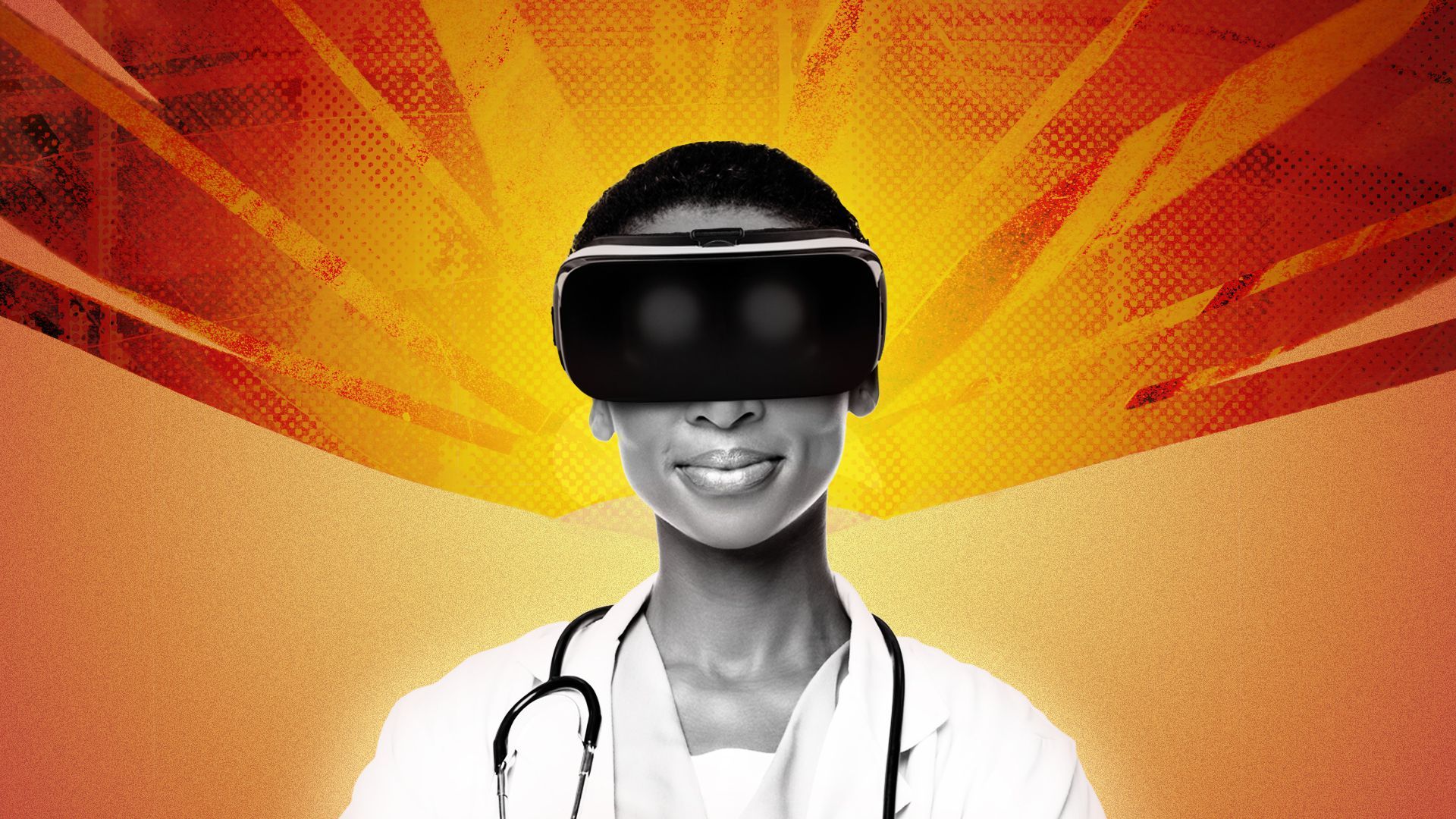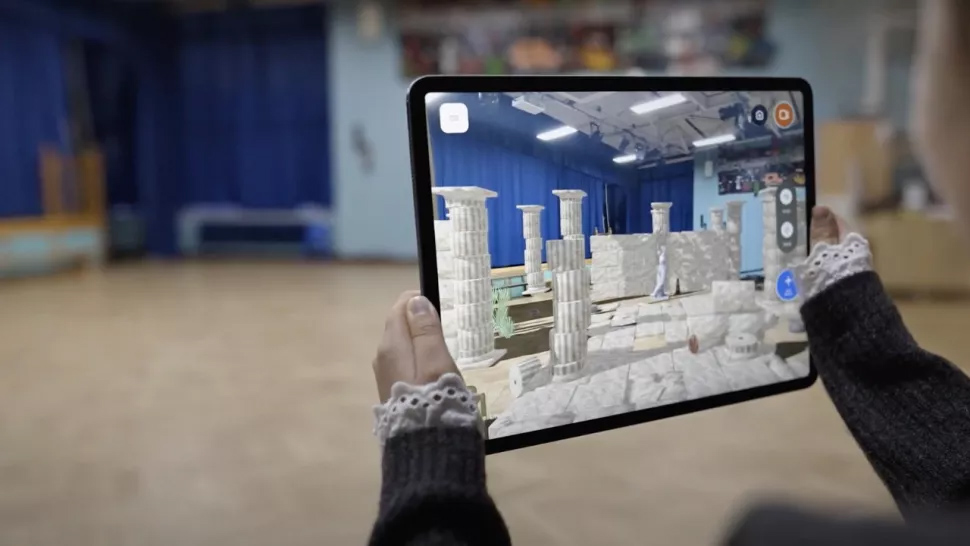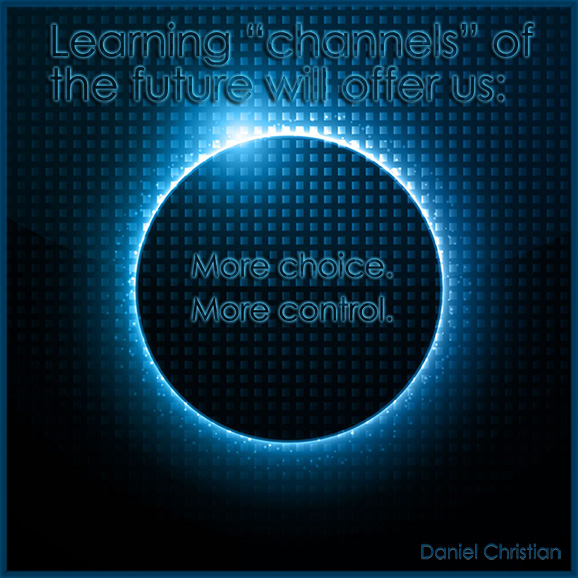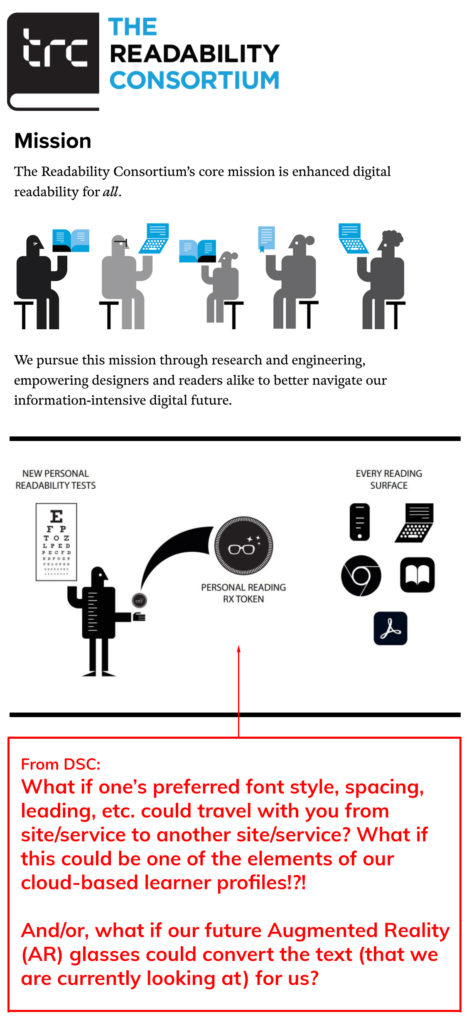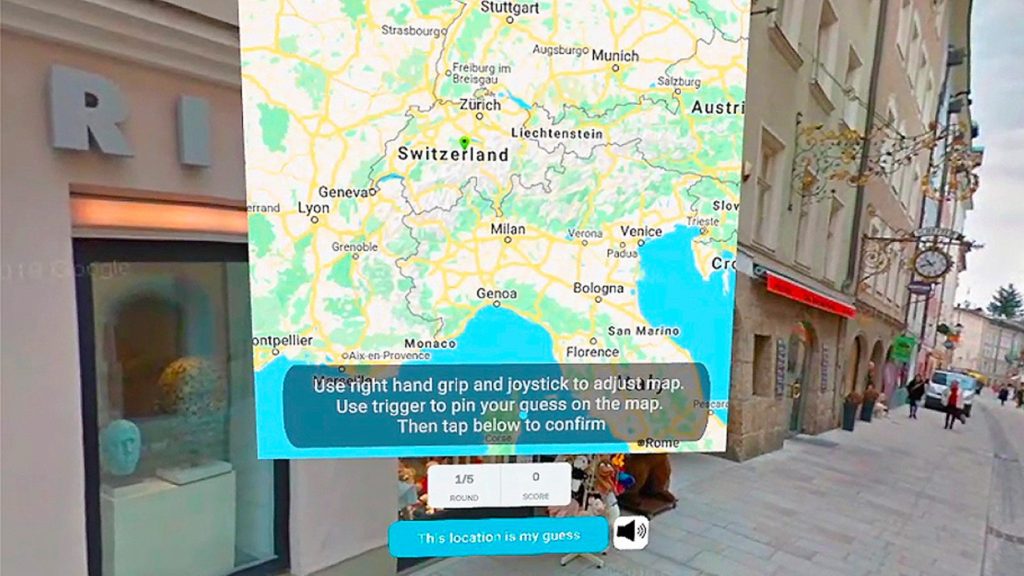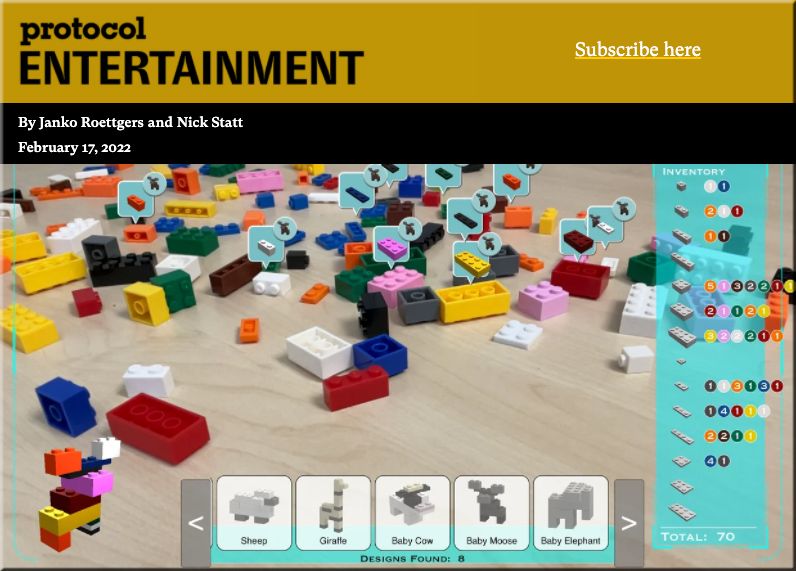WayRay’s AR Car Display Could Change Driving Forever — from vrscout.com by Kyle Melnick
How One Hospital Is Using An AR Bear To Calm Young Patients — from vrscout.com by Kyle Melnick
Excerpt:
Children’s Health of Orange County (CHOCK), a children’s hospital located in Orange County, California, has transformed its lovable mascot ‘Choco’ into an AR (augmented reality) experience that walks children through the steps of a standard MRI scan. The idea is that by familiarizing younger patients with the process, they’ll feel more comfortable during the actual procedure.
Arizona State Launching New VR/AR Classes, Nonny De La Peña To Helm — by Darragh Dandurand
Excerpt:
The Center for Narrative and Emerging Media (NEM) will be housed in Downtown Los Angeles in the Herald Examiner Building, newly renovated to welcome faculty, staff, and students. NEM’s goal is to teach and support students, from reporters to artists to entrepreneurs and engineers, who are pursuing careers across the burgeoning creative technology sector.
Why Meta decided against an open VR app store — from protocol.com by Janko Roettgers and Nick Statt









